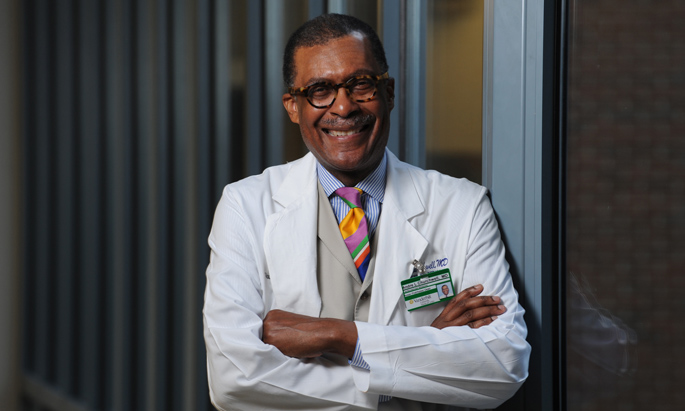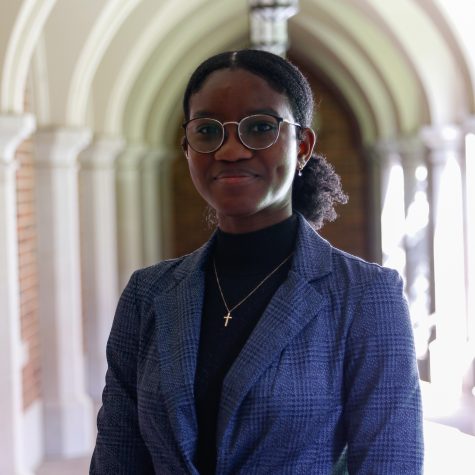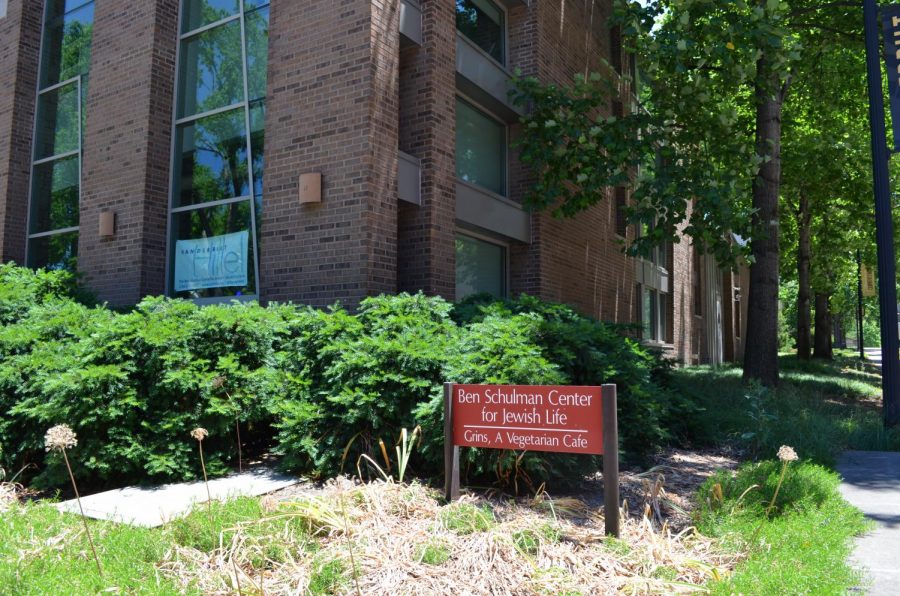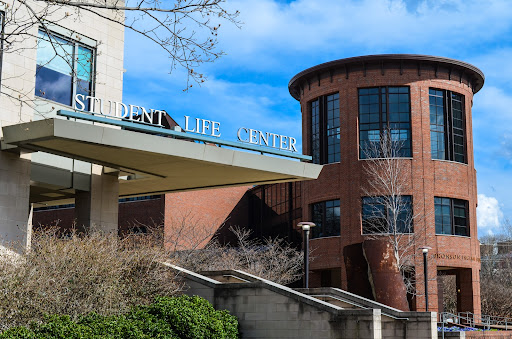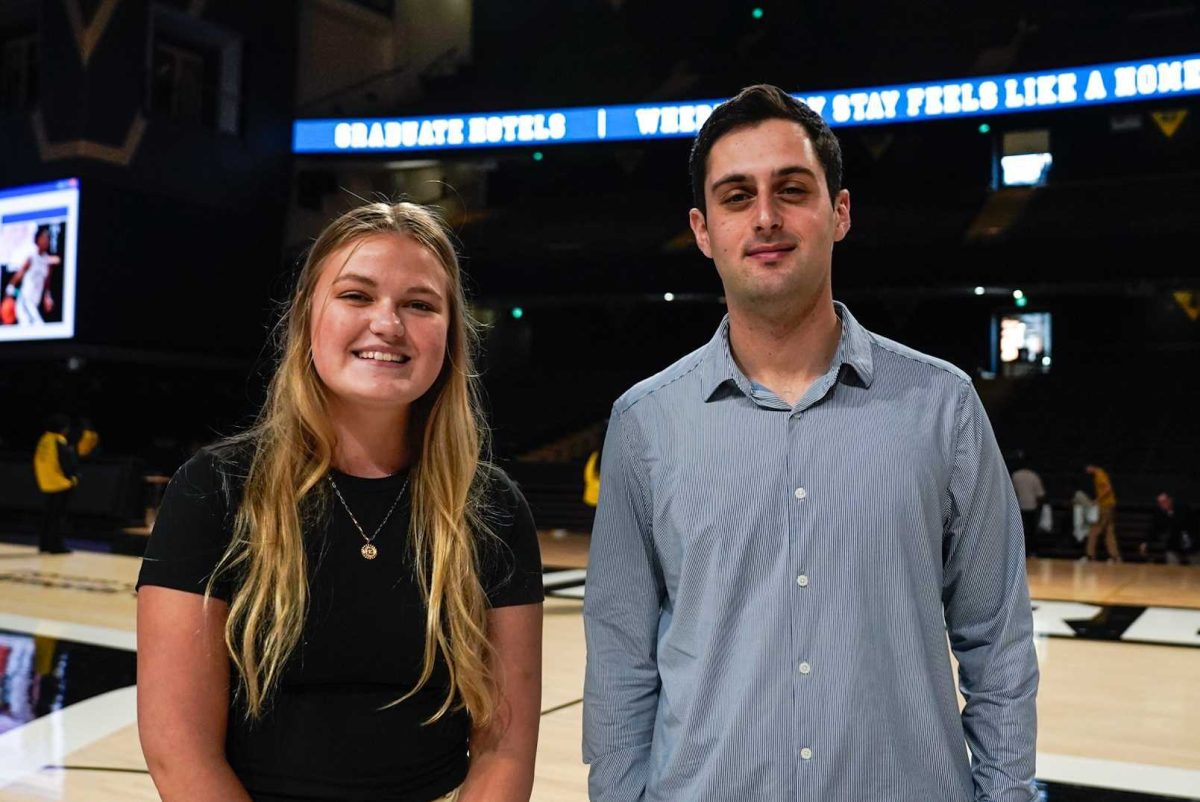As Vanderbilt University’s Vice Chancellor for Equity, Diversity and Inclusion, Dr. André L. Churchwell is dedicated to actualizing an all-embracing Vanderbilt community. His current efforts center on expanding the reaches of the University Diversity Council, which he implemented last year along with William Robinson, Vanderbilt’s Executive Director of the Provost’s Office for Inclusive Excellence. The University Diversity Council advises the Chancellor and Provost on continuing and expanding Vanderbilt’s march towards fairness and inclusion, per their website.
Churchwell himself was once a bright-eyed Commodore when he graduated in the class of 1975. His VU experience was marked by pivotal change nationally, having been reared during the throws of the Civil Rights Era, with part of his schooling taking place on newly integrated campuses during the primary waves of forced integration in Nashville. Over the course of the following decades, his journey would weave a trailblazing path through Vanderbilt, Harvard, Georgia Tech and Emory, eventually landing him back where it all began: in the heart of Tennessee.
“Vanderbilt is my school. Nashville is my community,” Churchwell said. “I came back from Emory 25-plus years ago because my father said, ‘You need to fight the brain drain and come home,’ so I’m here. And I love working here.”
His father, Robert Churchwell, was the mastermind behind the fundamental lessons, characteristics and qualities that have propelled Churchwell through his career. A journalist and Fisk University English graduate, his father became the first African-American to write for a newspaper in the South when he was hired at “The Nashville Banner,” per Churchwell. His experiences unfortunately reflected the hostile atmosphere of the city that has now become his community.
“My father suffered all types of horrible racism. The owner of the paper was not really a progressive,” Churchwell said. “Dad couldn’t write in the newsroom, he had to write at home and hand it in to the copy editor. For five years, he didn’t have a desk in the newsroom, and when he finally got a desk they put him next to the bathroom.”
According to Churchwell, his father survived through great hardships and in turn, taught his children the importance of learning from a young age in very direct ways. Servant leadership and an appreciation of the humanities were among the ideologies his father imbued in him, Churchwell said. Over the summers, in exchange for that year’s tuition, instead of mowing the lawn Churchwell would have to read a number of titles (often by Ernest Hemingway) which he said aided him in generating deep esteem for literature and arts.
Although his specialties—radiology, cardiology and biomedical engineering—appear objectively STEM-based, Churchwell emphasizes the role that the humanities have played in cultivating his more personal, multi-faceted knowledge.
“That journey of reading widely in humanities was foundational for me. I always believe that the humanities are really what my core elements are based on,” Churchwell said. “The science and math are great; they help me understand medicine. But it is the humanities that really allow you to connect to people of all ages, races, ethnicities and places of origin.”
When discussing his journey to a multidimensional career, Churchwell highlighted the importance of mentors, another tip courtesy of his father. Various faculty at his alma maters guided him in everything from administration to cardiology, he said, and Churchwell now appreciates returning the favor by mentoring back and aiding others along their own paths.
To ensure his mentees thrive, Churchwell points to a number of fundamental traits he believes are vital to success, including perseverance, resilience, conviction, curiosity and commitment. According to Churchwell, there is no formulaic process or well-kept secret to achieving success.
“If you’re asking ‘what is the road to success,’ there’s not one road, there are multiple. You have to find your own,” he said.
Despite his accomplishments, forging a path as an African-American man in the United States did not come without its tribulations. Churchwell recalls the difficulties of being called vulgar names on the streets of Boston and Nashville and being pulled over, purportedly for speeding, during a long commute from Tennessee to Georgia. However, he concedes that he’s been luckier than most, due to the guiding and preparatory influence of his father.
“We [people of color] also have to be successful and just as effective in our careers as our white counterparts, but at the same time, be confronted with this kind of dual life.” Dr. Churchwell said. “I think that’s the challenge for people of color, marginalized groups, or people who have intersectionalities. It’s the double and triple challenges that they may face as they go through their life’s journey. But what I find amazing is that when you see people who’ve been successful, who’ve come through those crucibles of sorts, they’re great leaders and very wise people.”

